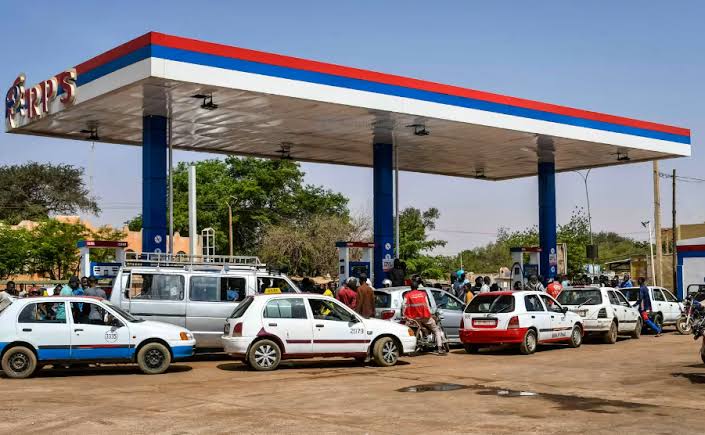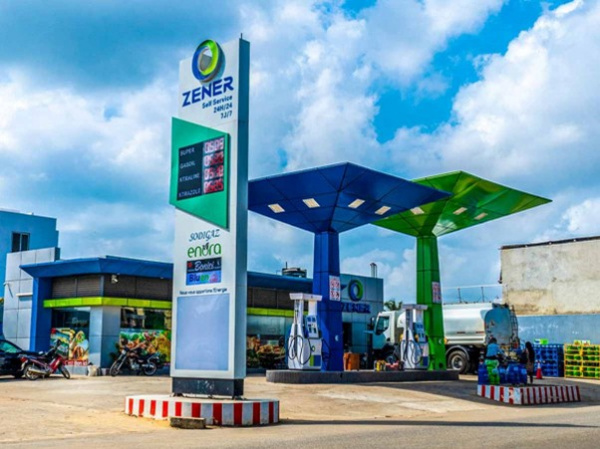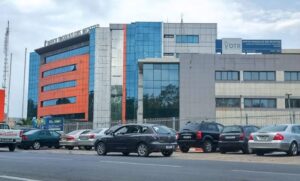Numerous petrol stations across the country are experiencing significant shortages, resulting in lengthy lines at the few locations that still have fuel available.
The Niger Petroleum Company, SONIDEP, is implementing fuel rationing; however, residents report that this measure is not alleviating their daily challenges.
Local reports indicate that some drivers are traveling across different areas of the capital, Niamey, in search of just a few litres of petrol.
Moussa Kassou, a local driver, expressed frustration over the situation, stating that he is wasting fuel in his search. “I drove all the way to Boukoki, but they had nothing. Then I received a call to go to Wadata for just one litre. By the time I arrive, I will have consumed nearly as much fuel as I manage to obtain. It’s exhausting.”
This predicament is atypical for Niger, a nation rich in oil that established its first refinery in 2011. Currently, that refinery is unable to satisfy the increasing national demand, which exceeds two million litres daily.
Some citizens believe the government is not being transparent about the underlying issues.
Niamey resident Assoumane Hamadou Souley remarked, “We lack information because the authorities, who should clarify the situation, are not doing so. We are left in the dark and without accurate details.”
SONIDEP attributes the crisis to a stock shortage, but transport operators, who depend on fuel for their livelihoods, are skeptical of this explanation. Taxi drivers report a decline in customers due to reduced mobility.
See more: Eight countries could run out of HIV treatments due to USAID cuts, WHO says
Authorities are planning to boost the number of fuel trucks operating in Niamey from 24 to 100 per day.
Additionally, some groups are advocating for the government to reopen borders with Benin and Nigeria to facilitate the importation of additional fuel. Meanwhile, Nigerians continue to endure long waits and daily difficulties in securing petrol.









